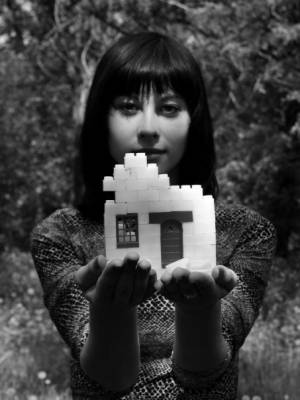All well with children’s rights in Luhansk?

In response to the President’s recent upbeat assurances about human rights in general, and the rights of the child in particular, Yulia Krasilnykova reports on the experience of an organization working directly to protect human rights.
Over the first 9 months of 2011 the Luhansk Children’s Human Rights Centre was approached by 106 children and those caring for them over various issues. In the last 3 years the Centre has assisted 306 people. The author says that while this may not be a huge number, if one goes by the President’s words, there should not have been one. Better to help a small number of people with the most acute problems, than to have thousands of cases hanging, and report that all is fine as is so often the way.
Svitlana Tarabanova from the Centre points out there are any number of State structures supposedly ensuring that children’s rights are observed and needs met. In practice, she says, you get the impression that all these services are there to report on Ukrainians’ “happy childhood”. Whereas on the basis of the stories they hear from children, the Centre has put together a quite different list of the “services” provided. These are in the first place rudeness, boorish behaviour and hypocrisy; secondly negligence and thirdly, being ping-ponged from one social service or office to another. The fourth place she says could be given to direct violations of children’s rights by civil servants.
As a rule children who reach the Centre have experienced a whole array of such “services”.
The Centre provides social and legal assistance to children and their families who find themselves in difficult circumstances. This is in the first instance orphans and children deprived of parental care. In 2011 there was an increase in the number of cases where disabled children were helped.
Among the means of assistance provided are helping with various forms of legal documents: applications to the authorities regarding housing in their name; to the courts about establishing who the father is, and others. During 2011 around 100 documents were drawn up.
Very often the initial reason for approaching the Centre proves only one of many.
Last year one of the most acute problems was violence with this ranging from insults, threats and psychological violence to cases of physical violence either from guardians or the children themselves.
In second place were issues connected with ensuring housing for orphans, or more accurately people from among orphaned children and children deprived of parental care (they get such status aged from 18 to 23). There were three successes in 2011. From 2009 the Centre, together with the administrations of educational institutions, helped to ensure housing for two sisters in their home town.
The third most common issue was over organizing care for children, depriving or reinstating parental rights.
From a report at http://postup.lg.ua/news/chi-vse-ok-z-pravami-ditini-v-lugansku The photo is of Dasha, one of the young people helped by the Centre, from an exhibition called “Children in the Open Air”





